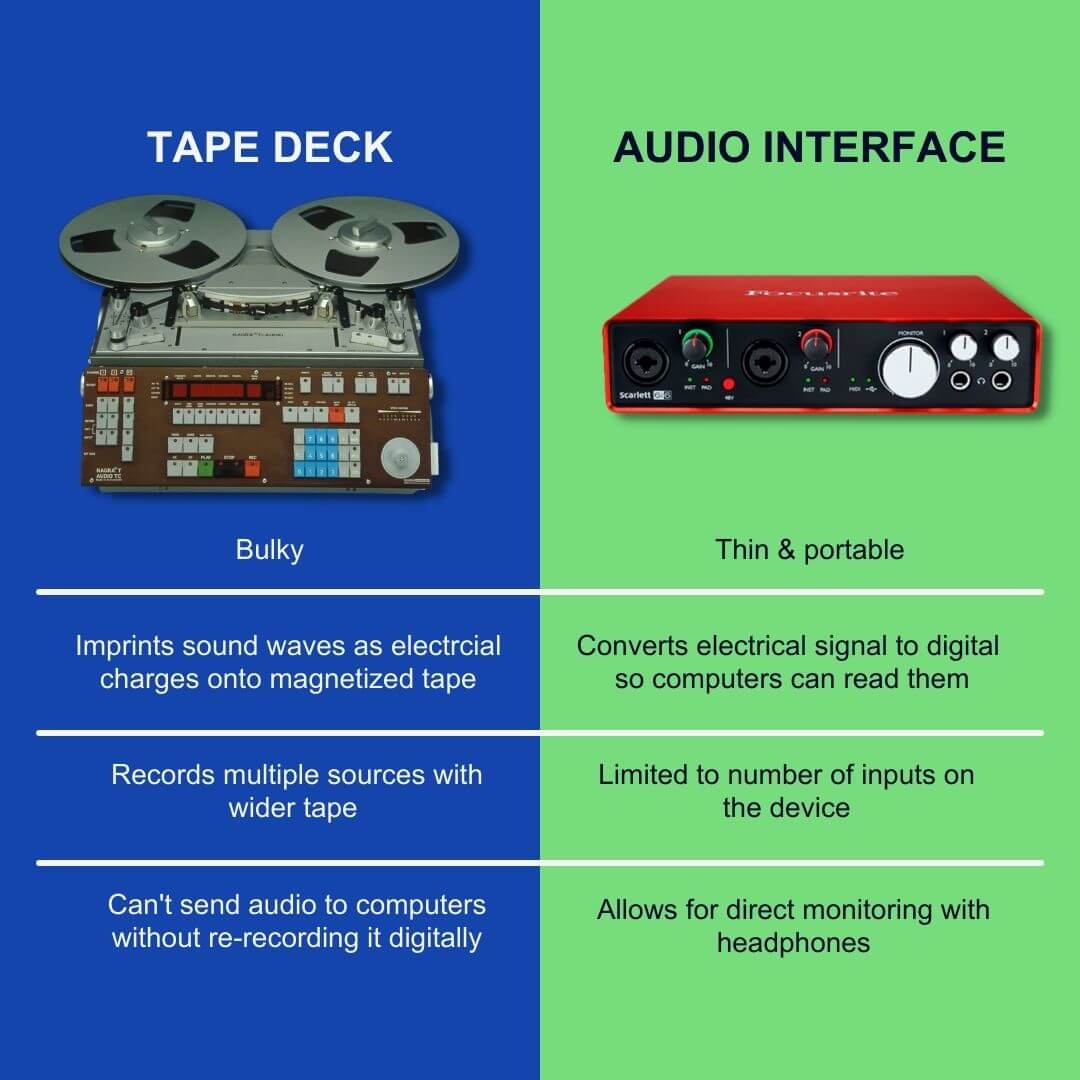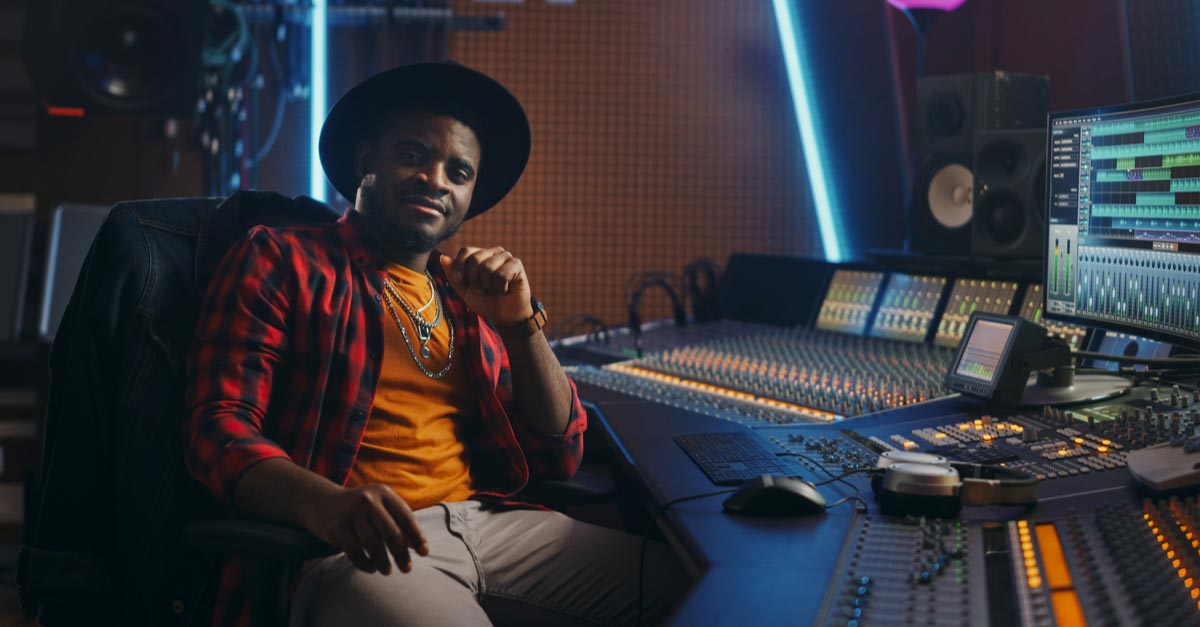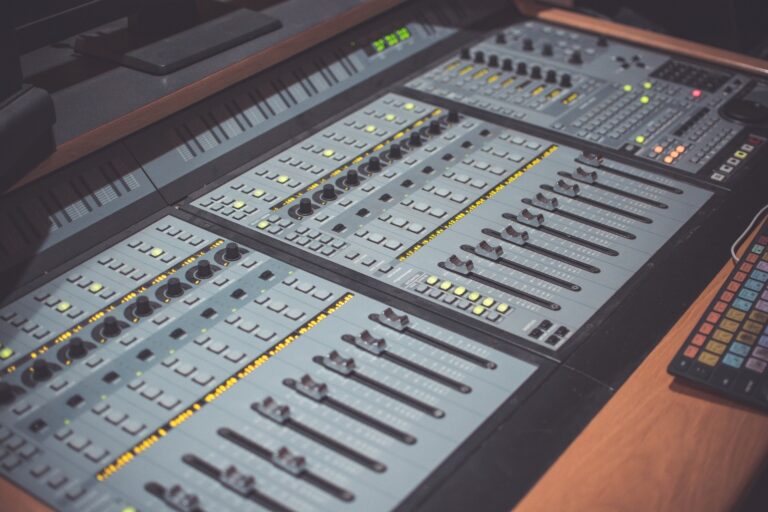Table of Contents
Music production has come a long way since the days of analog recordings. Today, technology continues to revolutionize the music industry and how we create, distribute and listen to our favorite tunes. In this essay, I will discuss the impact of technology on music production – from its beginnings in analog recordings to digital formats and streaming services that are now commonplace.
This essay will cover topics such as changes in recording equipment, advances in audio editing software, widespread distribution platforms for artists and listeners alike, as well as some potential drawbacks of modern digital music production. Ultimately, this essay will illustrate how technology has significantly changed not only how we produce music but also how it is experienced by fans around the globe. You can learn more advanced tips from professionals like Raz Klinghoffer.
1. Introduction to Technology and Music Production

For centuries, music production has been a creative outlet for artists and composers to express their feelings, emotions, and ambitions. But the introduction of technology into this process has revolutionized the way music is produced in today’s world. The Impact of Technology on Music Production: From Analog to Digital essay examines how modern-day technology has changed traditional methods of creating music from analog sources such as tape recorders and synthesizers to digital software-based techniques that are used widely by professional musicians today.
This paper will discuss some of the major innovations in music production over the past few decades including recording technologies, mixing consoles, virtual instruments, MIDI controllers, and samplers. It will also explore how these advancements have impacted both amateur and professional producers alike with regard to sound quality, workflow efficiency, and creativity options available.
2. Evolution of Technology in Music Production
The impact of technology on music production has been immense, as the transition from analog to digital recording and production revolutionized the industry. In the early days of audio engineering, recording consoles had a limited set of knobs, switches, and sliders that allowed engineers to manage levels and tone in recordings. The introduction of computers into studios opened up new possibilities for sound manipulation; digital multitrack recorders allowed producers to layer multiple takes within one track without manually re-recording each pass.
This ushered in a new era of music production with more complex sounds created much faster than ever before. With advances in software such as Auto-Tune and Pro Tools, producers can create entire albums in their own homes using minimal hardware. Technology has also enabled producers to easily share projects over the internet with collaborators around the world – something once thought impossible just decades ago!
3. Impact of Digital Technology on the Music Industry
The Impact of Technology on Music Production has been profound and wide-ranging. As technology advanced, the way music was recorded and produced changed drastically from analog to digital. Digital technologies have allowed for greater flexibility in the recording process, enabling producers to create complex sounds that would not have been possible before. Additionally, digital production methods are more cost-effective than their predecessors since they require fewer resources and time commitment. Digital tools also allow producers to easily tweak levels and effects while maintaining a high level of sound quality. All these advancements have significantly increased productivity within the industry as well as provided new opportunities for aspiring musicians looking to make their mark on the music world.
4. Pros and Cons of Digital vs Analog Recording Techniques

The Impact of Technology on Music Production: From Analog to Digital essay has highlighted the importance of understanding the pros and cons of digital vs analog recording techniques. While each approach offers distinct advantages, there are a few key differences to be aware of when considering which one is best for your project. Digital recording offers greater control over sound quality, but often requires a higher budget since it involves more complex equipment; whereas analog recordings can create a “warmer” sound that many people prefer. Additionally, digital recordings allow for easier editing and post-production work due to their nonlinear nature, while analog tapes need much more time and effort for this task. To make an informed decision about which method is right for you, consider the type of music you want to produce as well as your available resources in order to pick the perfect option.
5. Advantages of Digital Recording for Musicians

Digital recording has had a significant impact on music production and revolutionized the way musicians create and experience music. Unlike traditional analog recording, digital recording offers musicians many advantages including improved sound quality, easier editing capabilities, and increased convenience. Digital recordings have higher sound quality than analog recordings due to their ability to capture more detail in the audio signal as well as a smoother, less distorted frequency response.
This allows for clearer sounding mixes that can be easily tweaked during post-production or even after being released. Additionally, digital recording makes editing much simpler by allowing for non-destructive modifications such as cutting out portions of the track without affecting other parts of the mix. Finally, with digital technology increasingly becoming more portable and accessible it is much easier for musicians to record at any time or place they choose without having to lug around bulky equipment like they would need in an analog setup.
Overall digital recording has drastically improved music production with its multitude of benefits over traditional methods making it the preferred choice among modern day producers and engineers alike.
Concluding Thoughts on the Impact of Technology on Music Production

The Impact of Technology on Music Production has been immense. From the introduction of analog recordings to digital technology, music production has undergone a dramatic transformation. In modern times, recording and producing music is easier than ever before due to advances in computer-based software and hardware as well as internet access for distribution. The ability to record studio quality audio without having expensive equipment or technical expertise puts the creative power into the hands of millions of people around the globe and allows anyone to create professional sounding recordings from home studios.
Additionally, new forms of sound manipulation via plugins allow producers to customize their sound more precisely than ever before. Ultimately, technology’s impact on music production has allowed musicians greater freedom with both creativity and cost savings that would have previously been unimaginable decades ago.

